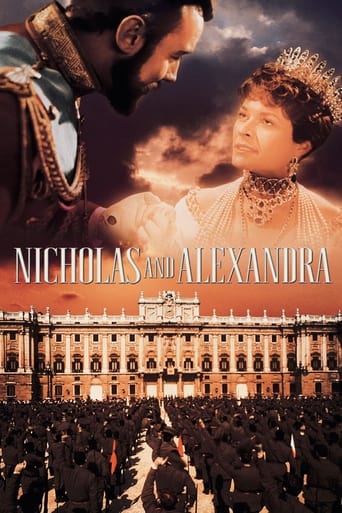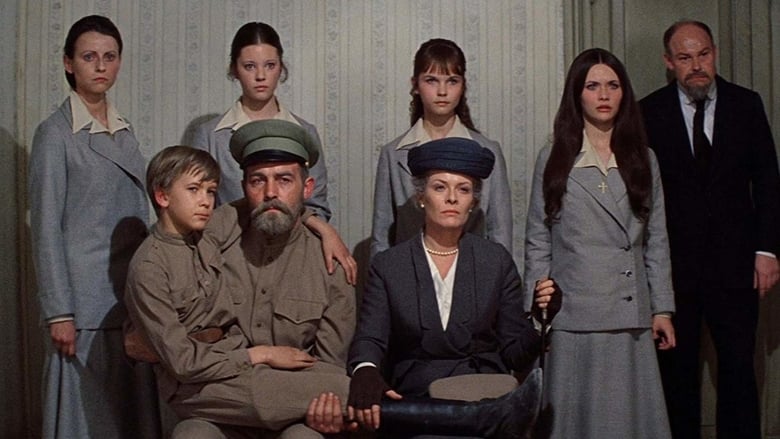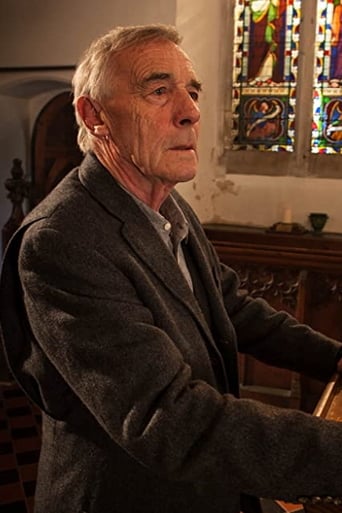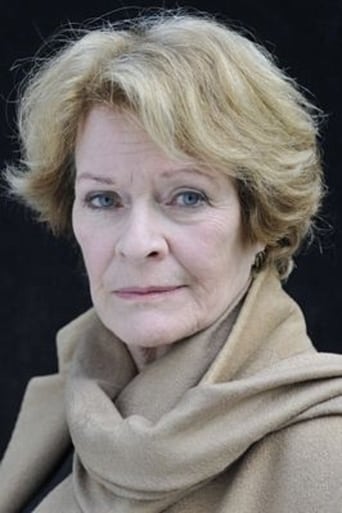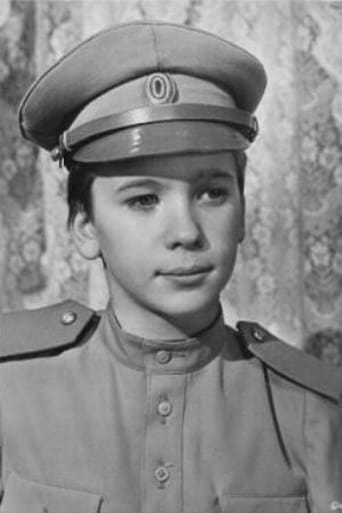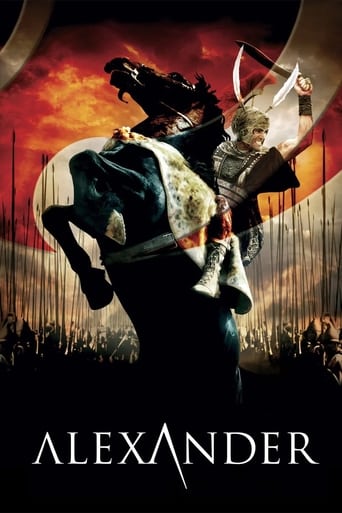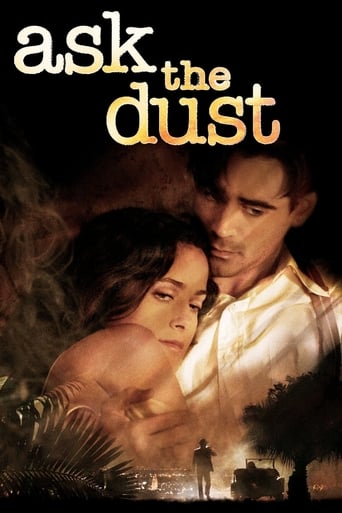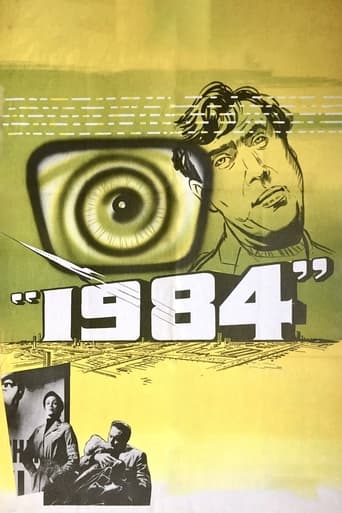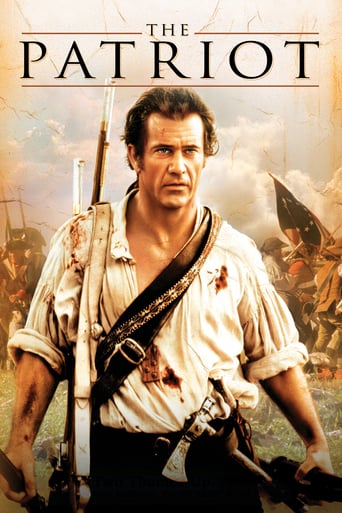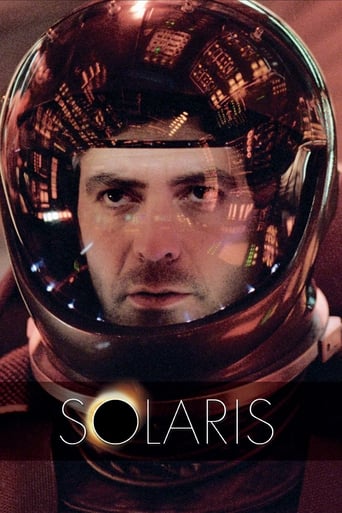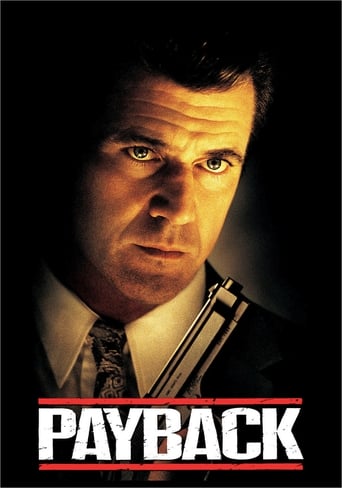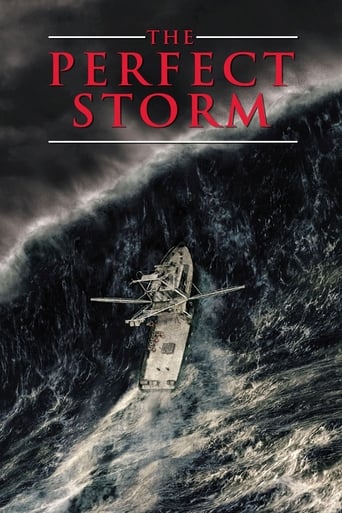Nicholas and Alexandra (1971)
Tsar Nicholas II, the inept last monarch of Russia, insensitive to the needs of his people, is overthrown and exiled to Siberia with his family.
Watch Trailer
Cast


Similar titles
Reviews
Lack of good storyline.
It is a performances centric movie
Don't Believe the Hype
I enjoyed watching this film and would recommend other to give it a try , (as I am) but this movie, although enjoyable to watch due to the better than average acting fails to add anything new to its storyline that is all too familiar to these types of movies.
Epic and sweeping, a 1972 blockbuster carrying every name in the British character-actor's book and telling the story of a grand leader who was out of touch with his people, and his wife, who was even MORE out of touch. The cute girls and the imperious young boy were innocent but that doesn't help them. Anyone who wants to know what went on during the Russian revolution of 1917 -- the one that brought us the ever-popular Josef Stalin -- ought to see this. Really. It's beautifully photographed, if nothing else.I don't know how closely it hews to historical revolutionary fact. All I know is that the title of Czar or Tsar goes way back. The first guy to claim the title of Caesar was the Roman Augustus, adopted son of Julius Caesar. The Roman Empire fell apart towards the end of the 400s AD and everybody and his brother began to claim the title. By recent times it had been morphed into "Czar" and "Kaiser". Nicholas wasn't the last Caesar to die. That would be Kaiser Wilhelm II, who didn't die until 1941.At any rate, those whose knowledge of recent Russian history is spotty, like mine, will have some of the blanks filled in. I knew Kerensky's was an interim government and that it fell but I never knew why it fell. Now I know it was partly because Kerensky was a "moderate" who wanted to continue Russia's role against Germany/Austria in World War I, at a time when the Russian Army on its western front was underarmed (sometimes completely unarmed) and in a rotten mood, while at home the farmers were starving and rebellious. "Nicky" wasn't able to grasp this, being under the spell of his opulent quarters in the Winter Palace and the spell of his wife, the batty Alexandria. In the face of all this discontent, Nicky felt a firm hand was in order.Well, his firm hand didn't do the trick and he was forced to abdicate. However he and his family wound up in Siberia, not entirely unhappy. But leaders are symbols, even when they're no longer leaders.This film must have had a budget more powerful than Nicky's army against Germany. Thousands of extras. Long shots of empty landscapes drawn as precisely as those in a Rothko painting or on a kid's notebook with a steel-edged ruler. I was really impressed. There aren't any duds among the performances either. Olivier, Hawkins, Andrews, Redrave -- they all soldier on, mostly with improbably shaped mustaches. The film seems to have gone -- not unregarded but unreported. It followed in the wake of some incandescent hits like "Patton" (Fleischer, same director as here) and "Dr. Zhivago" (same period). So, no wonder it was well funded.
In 1971, the era of the grand epics were over. The last great epic leading up to this year was 1965's Doctor Zhivago. Every once in awhile, an epic will come along trying to repeat the glory of the past. 1971's Nicholas and Alexandria is an example of that. Does this movie succeed in returning to it's former glory? Not quite .but I very much enjoyed this movie, more so than many people it seems. The film has its issues which I'll explain momentarily, but this was a valuable history lesson to those who know little about the Russian Revolution or Czar Nicholas II-the last Czar in Russian history.This movie tells the story, the tragic story of Czar Nicholas II (Michael Jayston) set against the backdrop of the Russian Revolution. This movie goes inside the private life of Nicholas and his wife, Alexandria (Janet Suzman) as well as their daughters and only son. Their son spends most of his childhood crippled with sickness, so the family hire the mysterious Rasputin (Tom Baker) for help in curing him. On the political side of things, Nicholas is very unpopular and is the root cause of seven million deaths because of their involvement in World War I and domestic problems such as starvation. All of these problems has Nick and his family paying the ultimate consequence.This is the second of two movies to have the Russian Revolution as the backdrop. The first film was the big musical hit, Fiddler on the Roof. That movie occurred pre-Revolution. But this film focuses on the causes of the Revolution and the immediate aftermath. Or so it's supposed to. My biggest problem with the film is that it treats the Revolution itself as an afterthought. There are cameos by very important characters such as Lenin, Trotsky, and Stalin-but they hardly had any effect on the film. I wanted to know more about the Revolution itself and how Lenin took over Russia. I can't be too upset because this film is about the life of Nicholas after all. I wish I wasn't tantalized with the scenes of Lenin however.I divided up this epic into two sections. The first section is what I find to be the more glorified, beautiful part of the film. Many epics rely on vast landscapes, but this epic does something a little different. It relies upon vast interior decoration designed to take your breath away. The Russian architecture, especially on the inside is certainly something to behold. The art direction and the production design certainly are incredible in this film. The first part mainly tells us how life is like for Czar and his family despite all the war and suffering going around them. The second half is a different kind of story. It's a sad, painful story that shows how life of the Czar fell apart after the Revolution which culminated in a very sad, but brilliantly-made ending scene showing the execution of Czar Nick and his entire family. Of course as a student of history I knew what happened, but that scene had tears coming from my eyes. Nicholas was not an innocent man, but he tried his best with what he got-but he couldn't get any better.This film was brilliantly-acted. That impresses me because the two lead actors (Michael Jayston and Janet Suzman) never worked in film prior to this film. They were seasoned British stage actors but they made the transition to film really well. If you can get used to Jayston's overreacting facial expressions, you probably will appreciate what he brought to the role as the czar. A man who had a good soul, but is largely blamed for the death of millions. Suzman does an incredible job as his wife, Alexandria who had a role in why Russia was in such bad shape. She sometimes controlled her husband to the point where it seemed like he was a puppet. They had great chemistry with each other, so I was impressed what they did with this film. Tom Baker gives a good performance as the mysterious Rasputin. There is one thing that bothered me about this character. There is a scene where all of the sudden he becomes a homosexual. I'm not sure if history supports that notion, but the way the film showed it out of the blue kind of bothered me. The supporting cast all do well in their roles. Any movie that features Jack Hawkins, Laurence Olivier, Ian Holm, and Brian Cox in the same cast is a good one by my book.Nicholas and Alexandra is quite a fascinating epic. The first half is a movie about style, about grandeur during a time where peasant living conditions were terrible. The second half of the movie is a haunting story of the Czar's downfall. I loved the production design and the film was given an authentic feeling. It must be nice being so rich like the Czar was. The second-half is my favorite section of the film and that final scene is a powerful, very emotionally-driven scene. The story itself was good, but it could have been much better if the actual Revolution was not used as an afterthought. But given this movie seems to be the only one in existence about Czar Nicholas II and his final days, I am very satisfied with this film. Maybe my grade is high because of the powerful last few minutes, but there is no denying this is a good epic that came out in an era where these kind of movies were seen as dead.My Grade: A-
"Nicholas and Alexandra" is one of the last of the grand, sweeping epics that dominated the box office in the 50's and 60's. With the new wave of young, reckless directors who took to the scene in the 70's this kind of filmmaking seemed strangely dated. Ironically enough it kind of mimics the fate of the Romanov family, holding on to ideals that can no longer protect them. The genre, which had started with aplomb with movies like "Gone With The Wind" didn't draw the numbers it used to, and after seeing this movie I can't help but think of what a shame that is.The movie is off to a slow start, and doesn't really grab the viewer until after the introduction of Rasputin. From there on in it's pure cinematic joy to witness the fate of the Tzar and his family unravel. The actors do a tremendous job. It's obvious that the producers wanted their actors to look as much like their characters as possible, and while this doesn't necessarily strengthen the movie by itself it clearly gives it a stronger feel of authenticity. Furthermore they perfectly embody their flawed characters. The czar, beautifully played by Michael Jayston is a warm, caring man who unfortunately is totally unfit to be a czar. He is out of touch with his people, and feebly clings to his autocratic power. Jayston manages to portray an almost absurd certainty in his divine right, and ability to rule while at the same time exposing his uncertainty and fright. Janet Suzman is equally impressive as the loving, but domineering Alexandra.The look and feel of the movie is also fantastic. The jaw-dropping visuals of Russia perfectly accommodates the story, and the music is wonderful all the way through. The pace is slow, and it's easy to see why critics who had just witnessed the exhilarating pace of movies like "A Clockwork Orange" or "The French Connection". But this was how these kinds of movies were made, and "Nicholas and Alexandra" does not shame the genre. It's actually a beautiful end to a spectacular genre which is well worth a look for anyone with a soft spot for David Lean-like movies.
Historical film correctly based on real events about Russian CZar Nicholas II (Michael Jayston , though press reports at time of pre-production said that Rex Harrison) , wife (first cinema film of Janet Suzman , and Audrey Hepburn and Vanessa Redgrave considered to play Alexandra) and sons Aleksey Nikolaeyvitch Romanov (Roderic Noble was chosen due to his resemblance) , Anastasia (Fiona Fullerton who had an interesting career as teen) , Tatiana (Lynne Frederick who subsequently married and inherited to Peter Sellers but she died early) . Czar Nicholas II, the inept monarch of Russia , insensitive to the needs of his country , is overthrown and exiled to Siberia with his family . In the film appears several historic personages as Kerenski (John McEnery) , The Queen Mother Marie Fedorovna (Irene Worth) , Trostki (film debut of Brian Cox) , Lenin (Michael Bryant) , Stalin (Hizeldine) , Rasputin (it was Laurence Olivier who first suggested Tom Baker to be cast and Peter O'Toole was asked to play Rasputin) , he was killed by Prince Yussoupov (Martin Potter) This overlong film contains drama , emotion and notorious deeds dealing with the over-detailed depiction of happenings preceding Russian Revolution until the deaths of Czar and family . Gorgeous sets and spectacular production design by John Box and Gil Parrondo ; being mostly filmed in Spain , as the Royal Palace of Madrid . It's marvellously photographed by Freddie Young in magnificence color . Evocative and sensitive musical score by Richard Rodney Bennnett . The picture is well directed by Franklin J. Schaffner . He directed excellent motion pictures as "The Planet of the Apes", "Patton," "Papillon", ¨"Nicholas and Alexandra", after the flop of his film titled " Islands in the Stream ", in which went on to coincide with the actor of "Patton," George C. Scott, decided to embark on a project more commercial and successful as "The Boys From Brazil" , however ¨Sphinx¨ ,¨Lionheart¨, ¨Si Giorgio¨were others flops . Rating : Better than average , worthwhile watching The picture based on facts , it begins when Japan's own territorial ambitions on the Chinese and Asian mainland. Russia is involved in a costly war with Japan over the Korean peninsula and the Czar rejects all recommendations that he bring the war to an end. War began in 1904 with a surprise Japanese attack on the Russian fleet in Port Arthur, without formal declaration of war and Russia is defeated by Japan . The Romanovs (Michael Jayston, Janet Suzman) are absolute rulers, among the last of their kind in Europe, living in luxury while the vast majority of Russians live in absolute poverty and take place revolts . As on January 1905 , Gapon (Julian Glover) began his march . Locking arms, the workers marched peacefully through the streets. Some carried religious icons and banners, as well as national flags and portraits of the Tsar. As they walked they sang religious hymns and the Imperial anthem, 'God Save The CZar'. All of the converging processions were scheduled to arrive at the Winter Palace . Throughout the city, the marchers found their way blocked by lines of infantry, backed by Cossacks and Hussars; and the soldiers opened fire on the crowd . The official number of victims was 92 dead and several hundred wounded. By the time of Stolypin (Eric Porter)'s assassination by Dmitry Bogrov, a student in a theatre in Kiev on 18 September 1911, Stolypin had grown weary of the burdens of office . Because of the fragility of the autocracy at this time, Nicholas and Alexandra chose not to divulge Alexei's condition to anyone outside the royal household. In fact, there were many in the Imperial household who were unaware of the exact nature of the Tsarevich's illness. At first Alexandra turned to Russian doctors and medics to treat Alexei; however, their treatments generally failed, and Alexandra increasingly turned to mystics and holy men . One of these was an illiterate Siberian , Grigori Rasputin (Tom Baker) , appeared to have some success. Rasputin's influence over Empress Alexandra, and consequently the Tsar, had grown stronger ever since 1912, when the Tsarevich nearly died from an injury while the family was on vacation at the hunting lodges at Bialowieza and Spala ,now part of Poland . The Czar's decision, against advice, to authorize a general mobilization in 1914 leads to disaster on the front . As the government failed to produce supplies, there was mounting hardship creating massive riots and rebellions. With Nicholas away at the front in 1915, authority appeared to collapse , while Empress Alexandra ran the government from Petrograd from 1915 , and the capital was left in the hands of strikers and mutineering conscript soldiers . At the end of the "February Revolution" of 1917 , Nicholas II chose to abdicate . He firstly abdicated in favour of Tsarevich Alexei, but swiftly changed his mind after advice from doctors that the heir-apparent would not live long apart from his parents who would be forced into exile .The abdication of Nicholas II and the subsequent Bolshevik revolution brought three centuries of the Romanov dynasty's rule to an end. The fall of autocratic Tsardom brought joy to Liberals and Socialists in Britain and France and made it possible for the United States of America, the first foreign government to recognise the Provisional government, to enter the war early in April fighting in an alliance of democracies against an alliance of empires. In Russia, the announcement of the Tsar's abdication was greeted with many emotions . However , revolutionaries abound and the rise of the Bolsheviks, led by Lenin (Michael Bryant) and Trotsky (Brian Cox) , slowly begin to gain an advantage . Before the year is out the Bolsheviks will be in power and the Romanovs in custody. In Siberia takes places the eventual execution of the entire family - the Czar, Czarina, four daughters and one son - in July 1918.

